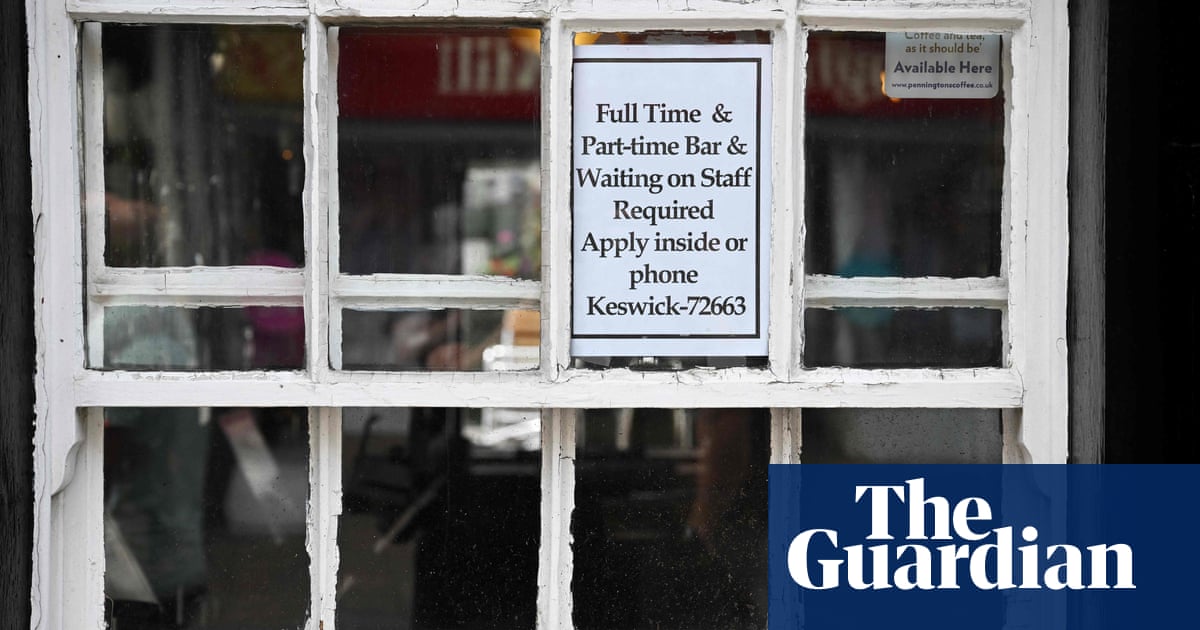
Farmers have warned that up to 120,000 pigs face being culled because of a lack of abattoir workers, as acute labour shortages across supply chains continue to wreak havoc on the UK economy.
Rob Mutimer, the chair of the National Pig Association (NPA), said Britain was facing an “acute welfare disaster” within a matter of weeks, with farmers forced to kill their livestock because of an acute shortage of butchers and slaughterers.
“We are within a couple of weeks of having to consider a mass cull of animals in this country,” he told BBC Radio 4’s Today programme on Friday.
“We think our backlog is in the region of 100,000 to 120,000 as we stand today. And it is growing by around 12,000 a week. This is happening on pig farms all over the country; they are backed up and running out of space to keep animals.”
One farmer said they were being told to expect further reductions next week in the number of animals able to be transported, as there were not enough workers at meat-processing plants to handle the loads.
“The problem in the industry has got considerably worse over the last three weeks,” said Mutimer. “[A cull] involves either shooting them on the farm or taking them to an abattoir and disposing of them in a skip. These animals won’t go into the food chain, they will either be rendered or sent for incineration. It is an absolute travesty.”
He said that a combination of post-Brexit immigration rules and an exodus of foreign workers amid constantly shifting pandemic restrictions on travel had left the industry at crisis point.
The NPA urged retailers not to turn to cheaper pork from European Union suppliers to stave off a shortage on the shelves.
Mutimer said farmers were keeping stock on their farms for longer even though they were over their ideal weight for slaughter – he gave the example that on his farm some pigs are now 25kg (55lb) over prime – but farmers were out of space and there was a welfare issue.
“Pens and sheds are not designed for animals of this size,” he said. “We are heading for an acute welfare disaster quickly.”
Earlier this month, meat industry representatives warned that farmers might have to begin culling pigs because of a looming shortage of carbon dioxide to stun the backlog of animals destined for abattoirs.
Most food-grade CO2 in the UK is produced as a byproduct from fertiliser factories, but rocketing gas wholesale prices had forced the closure of two of the biggest plants, until the government stepped in with financial support to restart production.
On Friday, the business secretary, Kwasi Kwarteng, temporarily exempted parts of the CO2 industry from competition law, to help them to share information and prioritise supplies to businesses that need it most.
The meat industry is just one of many sectors of the economy struggling with labour shortages linked to Brexit and the pandemic, with a shortage of delivery workers hitting supply chains.
After reports of a lack of HGV drivers to deliver fuel to forecourts, motorists rushed to fill up their tanks, prompting more than a week of fuel shortages across the country.
The crime and policing minister, Kit Malthouse, said on Friday that motorists could face another “week or so” of long queues at filling stations, although he added that the “situation is stabilising”.
Supply disruptions are making it harder for UK factories to operate, with an “ongoing onslaught of snags and hitches at every stage of the supply chain,” said Duncan Brock, director at the Chartered Institute of Procurement and Supply.
Kwarteng, in an interview with the website Conservative Home published on Friday, said the labour and supply chain shortages were part of a transition to a new post-Brexit economy that no longer relied on a “low-wage, high-immigration” model.
The labour shortage is also hitting the hospitality sector, with JD Wetherspoon, which runs 861 pubs across the country, reporting on Friday that it was struggling to find staff in some areas.
Meanwhile, the Bolton-headquartered retailer AO.com had more than £200m wiped off its stock market value after it blamed driver shortages and supply chain problems for a slowing in growth and lower-than-expected profits.












